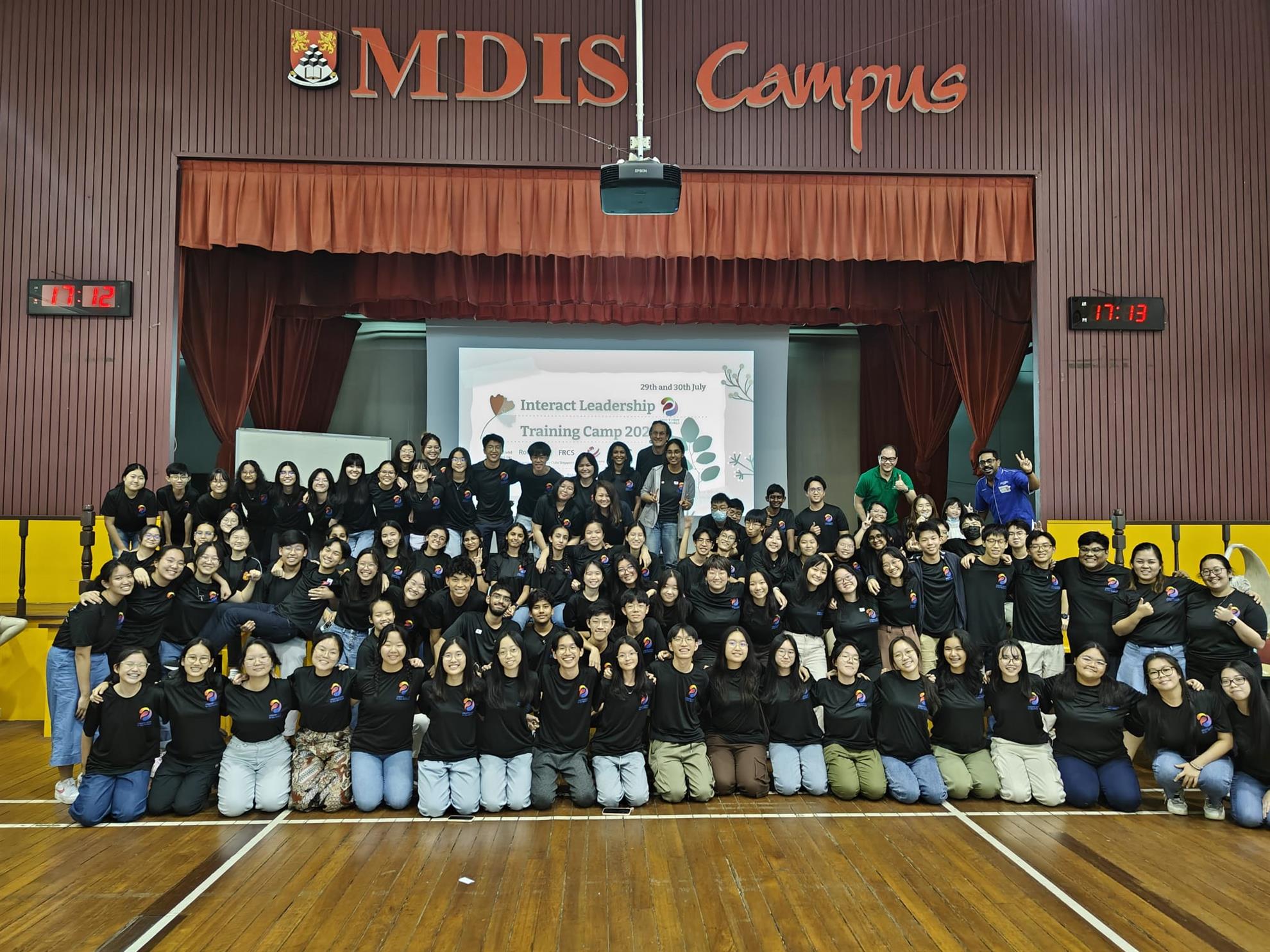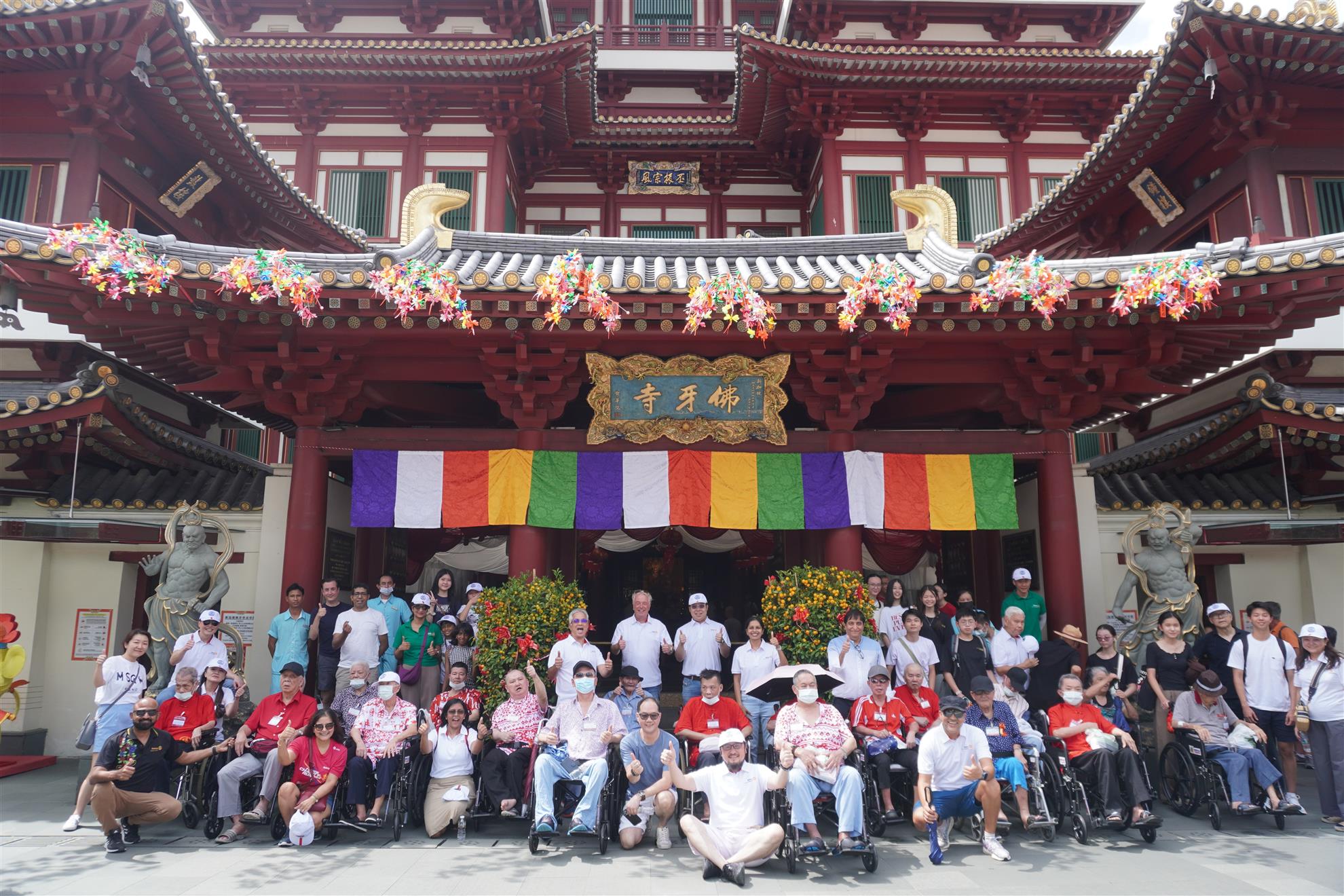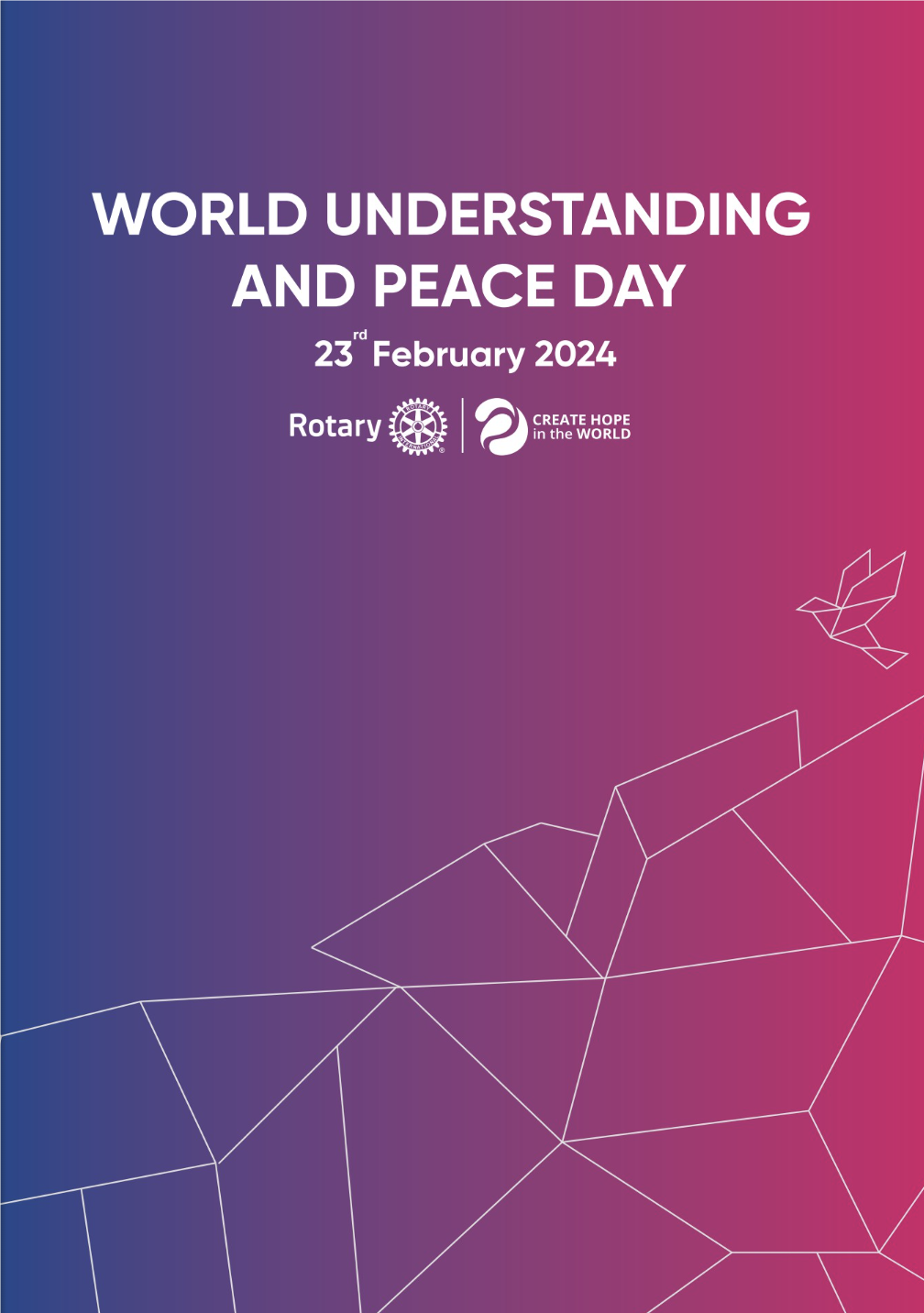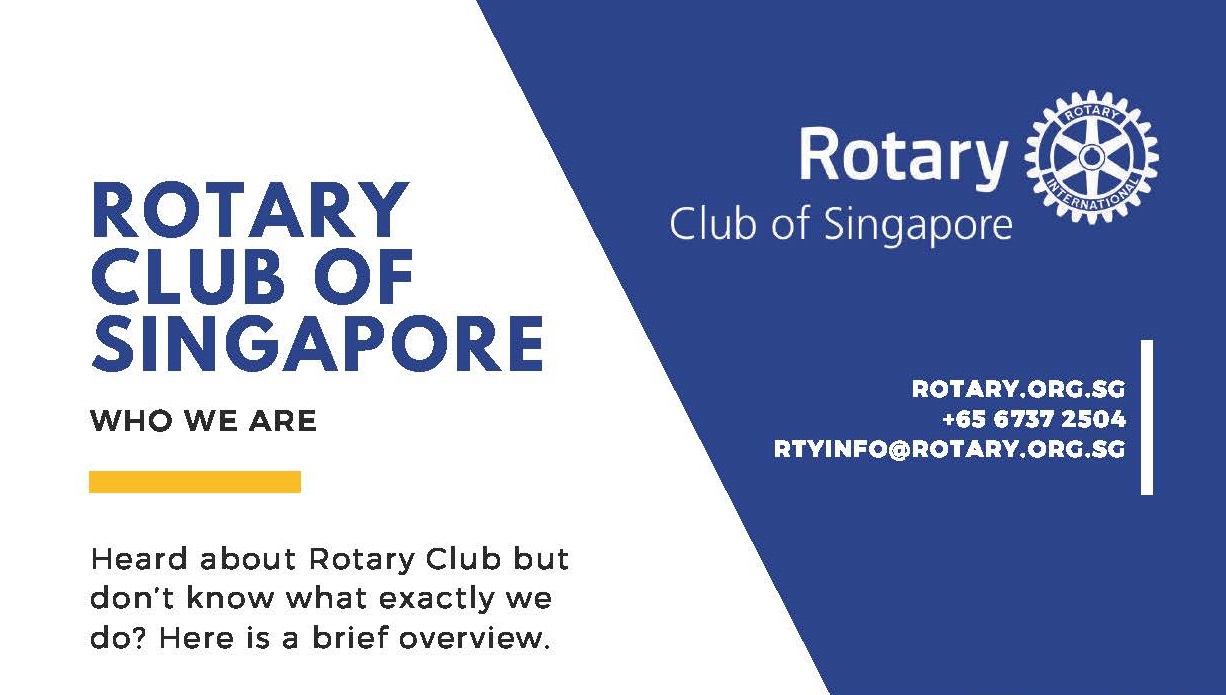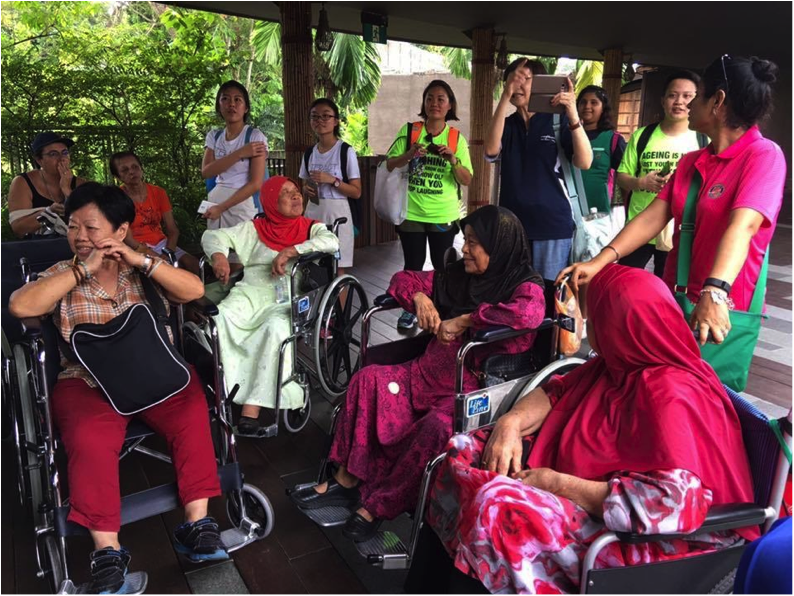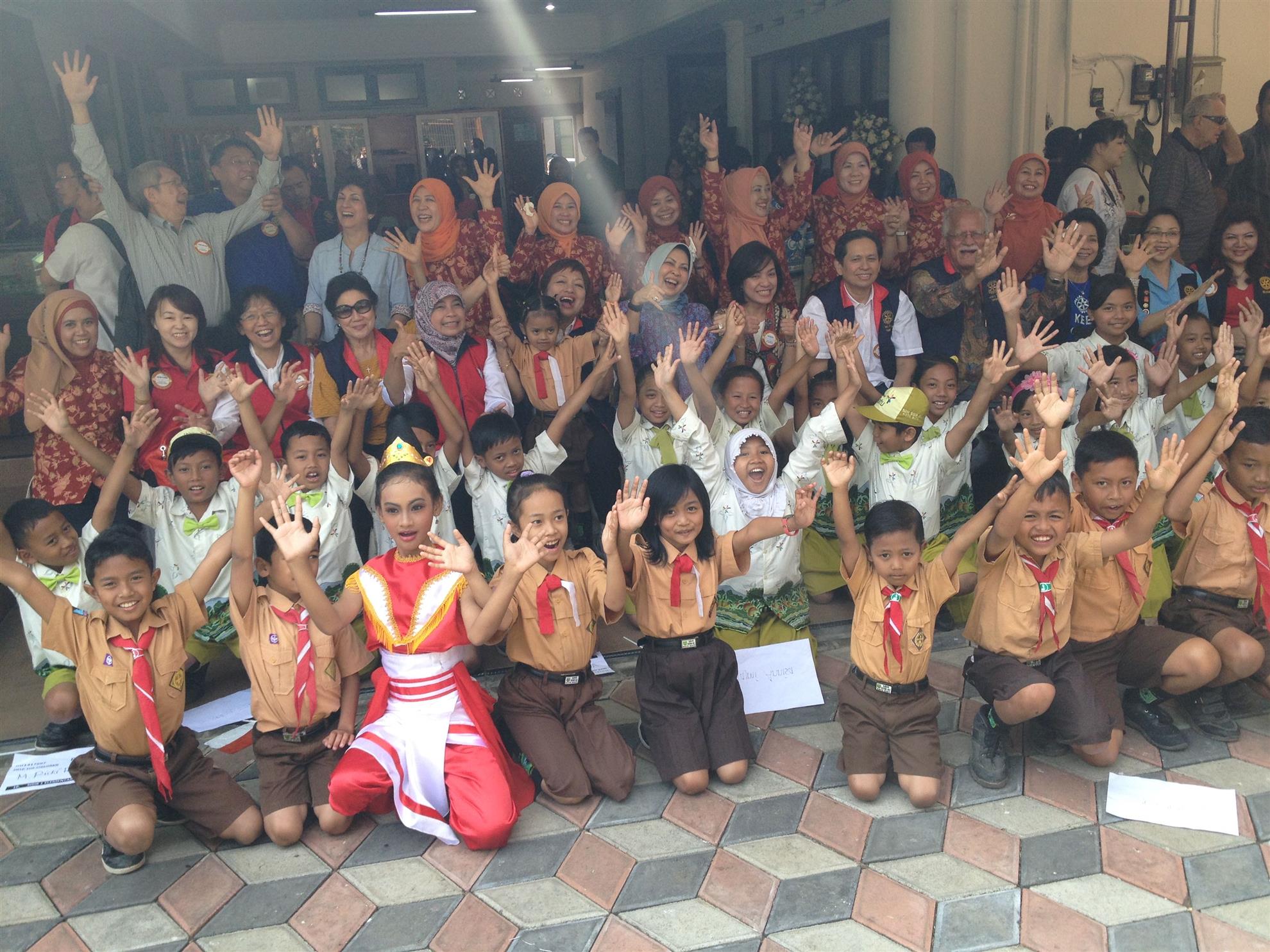This year, we’re making a splash for a cause! The Rotary Club of Singapore is thrilled to partner with Singapore Aquatics for an exhilarating Swimarathon event. In every stroke and splash of our upcoming Swimarathon, you’re not just swimming; you're championing a cause that touches lives across our community, with the added thrill of swimming alongside Singapore's very own Olympic Gold Medalist, Joseph Schooling!

Event Details:
Date: 29 March 2024, Friday
Location: Sports Lifestyle Centre
Time: 8.45AM - 4.45PM
Location: Sports Lifestyle Centre
Time: 8.45AM - 4.45PM
Your participation can be the change. Whether you're slicing through the water or counting laps from the sidelines, your involvement will support these charities in continuing their invaluable work.
🔗 Ready to make a splash? Sign up, donate, or volunteer today: https://bit.ly/Swimarathon2024
